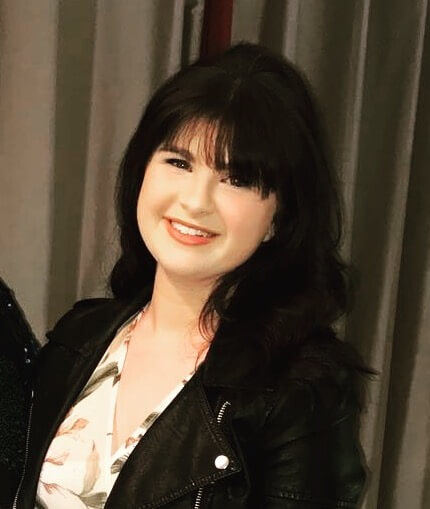Maths Scholars Stats Event report
I have always loved statistics. I chose additional GCSE Statistics and also stats modules at A-Level. My degree contained a lot of stats content and my final project was also a statistical investigation.
 Aimee Carmichael Maths Scholar
Aimee Carmichael Maths ScholarWhen I began teacher training, I assumed that this would be my favourite thing to teach. However, when I got to school I found that a lot of staff and students disliked these topics! One student even argued that there was too much writing involved- “this is maths not English!”. So when this latest CPD session was announced “Making Stats Fun”, I was excited to see how this could help me in the classroom.
Stats are such an integral part of life. Don’t ignore them! In fact, you can’t!
Half of the day was around statistics, and the idea of making it fun. An interactive workshop with Neil Sheldon from the Royal Statistical Society allowed us to discuss the nature of the discipline and the very uncertainty of it, which is arguably what makes it so interesting! He began by asking the room whether statistics was their favourite branch of mathematics. Only a handful of people put their hand up! Neil said that this was not unusual, but it is arguably the most important and relevant thing we teach children in the classroom. This is because statistics are constantly used throughout your life, and the ability to be able to read and interpret data is a valuable life skill! In today’s digital society, a vast amount of data is being continually created and statisticians are going to be very much in demand to manage and analyse this.
The workshop, entitled ‘Tall Stories’ demonstrated how statistics can tell us a story, and gave us ideas for key discussion points to bring into the classroom. It definitely provided food for thought, indicating key questions which could be asked to a class in order to promote the high-level, analytical thinking we very much want to see in the classroom.
The other part of the day was around the level 3 qualifications in Core Maths, in a workshop ran by Corinne Angier from the Core Maths Support Network. Before this session I hadn’t heard about this, but it sounds like a brilliant qualification for those students who want an alternative to A-level maths to maintain their mathematics skills. We had the opportunity to try some of the problem solving material which applied the skills that this qualification aims to build: collaboration, articulation and modelling, to name a few. It was great to work in teams with other scholars to share our ideas and solve problems.
As well as giving me some valuable insights into the curriculum, I also left the day with some great teaching ideas. As well as resources from both workshops, it’s always great to spend a day with fellow scholars and share good practice. Hearing what others are doing in the classroom is brilliant and I’ve tried some suggestions in the classroom this week!
I’ve really enjoyed the scholarship events this year and met some great fellow maths teachers. They’ve all been so useful in improving my classroom practice and I would definitely urge anyone who’s thinking about it to apply for a scholarship for September!
If you want to take Aimee’s advice then apply for a Maths Scholarship here and discover all the information you need too.